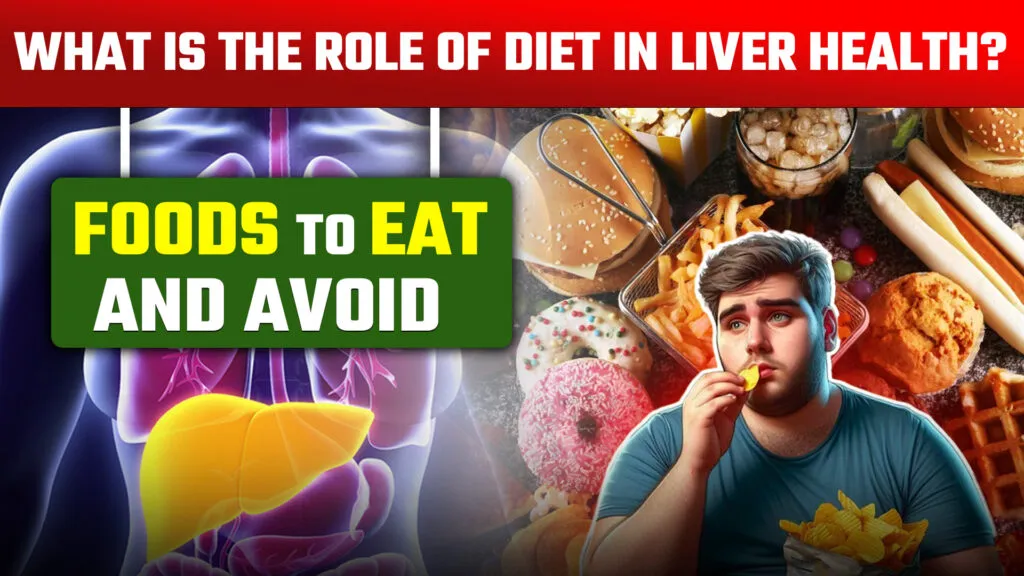The liver is often called the body’s natural detox engine. Sitting quietly in the upper right side of the abdomen, this powerful organ works around the clock to keep us alive and healthy. From filtering toxins to storing energy, the liver performs more than 500 tasks every day. Despite its importance, most people do not pay attention to liver health until something goes wrong.
Taking care of the liver is essential for long-term health. Let’s explore why the liver is so important, signs of liver problems, what can damage it, and natural ways to keep it strong.
Why the Liver Is So Important
The liver is a multitasking organ that plays a part in almost every system of the body. Some of its most vital roles include:
- Detoxification – The liver cleans the blood by removing alcohol, chemicals, and harmful substances.
- Digestive Support – It produces bile, which helps break down fats and improves nutrient absorption.
- Energy Storage – The liver stores glucose and releases it when the body needs fuel.
- Nutrient Management – It processes proteins, carbohydrates, and fats for proper use.
- Immune Function – The liver helps the body fight infections and recover faster.
Without a well-functioning liver, the body cannot manage toxins, energy, or nutrients effectively.
Signs of Poor Liver Health
One of the challenges with liver problems is that they often develop silently. However, there are warning signs you should not ignore:
- Constant tiredness or low energy
- Yellowing of the skin or eyes (jaundice)
- Unexplained weight loss or loss of appetite
- Dark urine or pale stools
- Swelling in the abdomen
- Frequent nausea or vomiting
If these symptoms continue, it’s important to seek medical advice right away.

Common Causes of Liver Damage
Several lifestyle factors and health conditions can harm the liver over time, including:
- Unhealthy Diet – Processed foods, sugary drinks, and fried foods can lead to fat buildup in the liver.
- Excess Alcohol – Drinking too much alcohol is one of the most common causes of liver disease.
- Obesity – Being overweight increases the risk of non-alcoholic fatty liver disease.
- Medication Overuse – Taking too many painkillers or medicines without proper guidance can stress the liver.
- Viral Infections – Hepatitis viruses can cause severe and long-term liver problems.
- Toxin Exposure – Chemicals in cleaning products or pesticides may also affect liver function.
Understanding these risks helps us make better lifestyle choices to protect the liver.
Natural Ways to Keep the Liver Healthy
The good news is that lifestyle changes can make a big difference in protecting the liver. Here are some effective steps:
1. Eat a Balanced Diet
Choose fresh fruits, vegetables, whole grains, lean proteins, and healthy fats. Foods rich in fiber and antioxidants help the liver work more efficiently.
2. Stay Hydrated
Water supports detoxification and improves digestion. Aim for 6–8 glasses a day.
3. Maintain a Healthy Weight
Excess fat often leads to fatty liver disease. Regular exercise and portion control can reduce this risk.
4. Limit Alcohol
If possible, avoid alcohol completely. Even small amounts can put stress on the liver over time.
5. Be Mindful with Medicines
Only take prescribed medications and follow the right dosage. Overusing medicines can damage the liver.
6. Exercise Regularly
Physical activity supports circulation, boosts metabolism, and helps the liver process nutrients effectively.
Long-Term Benefits of a Healthy Liver
Caring for your liver has benefits that extend to your entire body:
- Higher energy and stamina
- Better digestion and nutrient absorption
- Reduced risk of chronic diseases
- Stronger immunity and faster recovery from illness
- A longer and healthier life
A healthy liver truly supports overall wellness and balance in the body.
Practical Daily Habits for Better Liver Health
- Start your morning with a glass of water.
- Add leafy greens and fiber-rich foods to your diet.
- Avoid excessive late-night meals.
- Reduce exposure to harmful chemicals at home and work.
- Practice stress management through meditation, yoga, or breathing exercises.
These small, consistent steps help protect liver health in the long run.
Final Thoughts
The liver is one of the hardest-working organs in the body, silently keeping us alive every single day. By maintaining a healthy diet, staying active, avoiding harmful habits, and making mindful lifestyle choices, we can protect this vital organ and ensure it functions at its best.
This solution proves to be a reliable support in dealing with this issue effectively. Official Website






